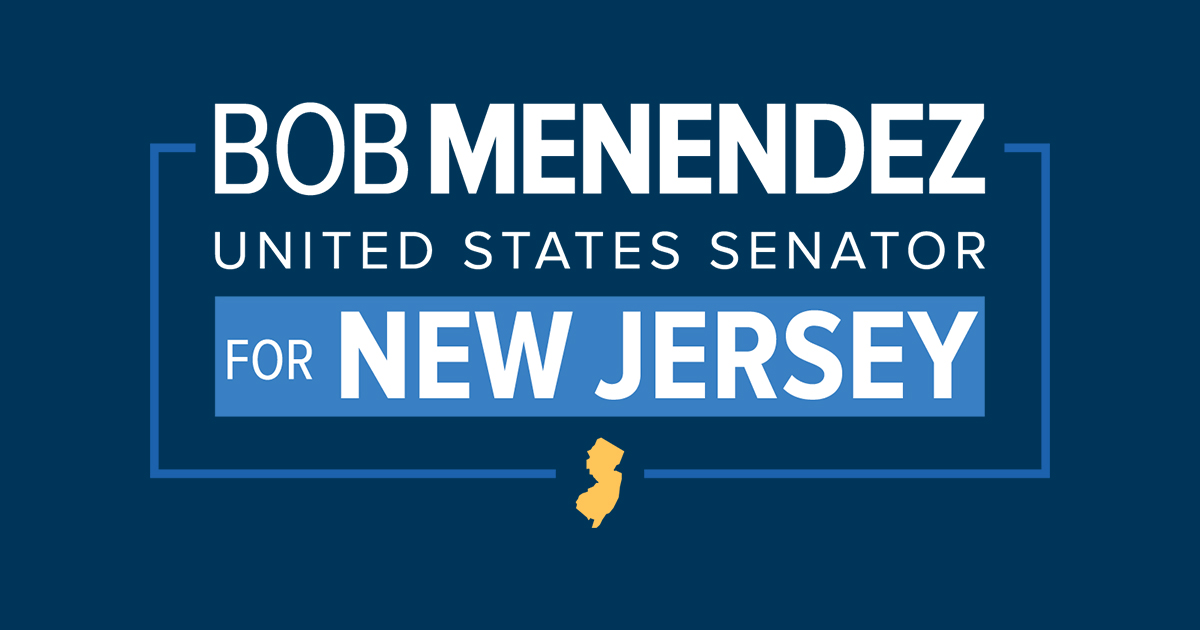Source: United States Senator for Connecticut – Chris Murphy
WASHINGTON–U.S. Senators Chris Murphy and Richard Blumenthal and U.S. Representatives Rosa DeLauro and John Larson joined U.S. Senator Elizabeth Warren (D-Mass.) and U.S. Representative Katie Porter (D-Calif.) and dozens of other lawmakers to introduce the Secure Viable Banking Act, legislation that would repeal Title IV of the Economic Growth, Regulatory Relief, and Consumer Protection Act of 2018 following the collapse of Silicon Valley Bank (SVB) and Signature Bank.
Title IV of the Economic Growth, Regulatory Relief, and Consumer Protection Act raised the asset threshold at which a bank is considered and regulated as a “systemically important financial institution” to $250 billion, exempting SVB and other mid-sized banks from regular stress testing and enhanced liquidity, risk management, and resolution plan, or “living will,” requirements. The lawmakers’ new bill would repeal these dangerous regulatory rollbacks, which invited banks to load up on risk and increase profits, restoring critical Dodd-Frank protections.
“When people deposit their money into the bank, they trust that it’s safe and secure. But thanks to the Trump-era rollback of protections to prevent financial crises exactly like the Silicon Valley Bank collapse, we’ve seen how that’s not always true. Too many big banks and venture capitalists want to privatize their profits and socialize their losses, and that’s unacceptable. This legislation would strengthen rules for banks and restore protections for consumers,” said Murphy.
“The collapse of Silicon Valley Bank underscores the urgent need to stop big banks’ efforts to self-govern and deregulate. Common sense measures – like strengthened stress tests and heightened capital and liquidity requirements – will safeguard vulnerable American families who have the most to lose from another financial meltdown. This legislation is an important step in addressing the regulatory rollbacks that continue to fail American consumers,” said Blumenthal.
“The collapse of Silicon Valley Bank and Signature Bank are a direct result of misguided rollbacks to Dodd-Frank protections made in 2018 that propped up big banks at the expense of every day Americans. I voted against these rollbacks then, and I believe we must right the wrongs now to safeguard the economy and consumers,” said DeLauro. “The 2008 financial crisis proved how critical it is to protect Americans’ deposits and not let the richest corporations and big banks dig American taxpayers into ruin. I am proud to cosponsor the Secure Viable Banking Act, which protects consumers from abusive banking behavior. We can no longer tolerate corporate greed and mismanagement at the expense of hard working families.”
“President Biden is rightfully taking strong action to respond to the bank’s failures, but it shows the Dodd-Frank Act was the right policy when we enacted it after the 2008 financial crisis,” said Larson. “Republicans under President Trump weakened the regulations that would have applied now, a move I voted against. I’m proud to join my colleagues on this legislation today because we must act in Congress to prevent these kind of failures from happening again.”
U.S. Senators Tammy Baldwin (D-Wis.), Cory Booker (D-N.J.), Richard Blumenthal (D-Conn.), Tammy Duckworth (D-Ill.), Ed Markey (D-Mass.), Bernie Sanders (I-Vt.), Mazie Hirono (D-Hawaii), Dick Durbin (D-Ill.), Martin Heinrich (D-N.M.), Bob Menendez (D-N.J.), Bob Casey (D-Pa.), John Fetterman (D-Pa.), Sheldon Whitehouse (D-R.I.), Peter Welch (D-Vt.), Brian Schatz (D-Hawaii), Ben Ray Luján (D-N.M.), and Chris Murphy (D-Conn.), and Representatives Pramila Jayapal (D-Wash.), Jim McGovern (D-Mass.), Hank Johnson (D-Ga.), Jerrold Nadler (D-N.Y.), Dwight Evans (D-Pa.), Bonnie Watson Coleman (D-N.J.), Betty McCollum (D-Minn.), Jan Schakowsky (D-Ill.), Marcy Kaptur (D-Ohio), Jesús “Chuy” García (D-Ill.), Barbara Lee (D-Calif.), Stephen Lynch (D-Mass.), Suzanne Bonamici (D-Ore.), Ro Khanna (D-Calif.), John Larson (D-Conn.), Mark Takano (D-Calif.), Jimmy Gomez (D-Calif.), Jamaal Bowman (D-N.Y.), Eric Swalwell (D-Calif.), Mark Pocan (D-Wis.), Jamie Raskin (D-Md.), Alexandria Ocasio-Cortez (D-N.Y.), Earl Blumenauer (D-Ore.), Jake Auchincloss (D-Mass.), Rosa DeLauro (D-Conn.), Nanette Barragan (D-Calif.), John Garamendi (D-Calif.), Ayanna Pressley (D-Mass.), Ruben Gallego (D-Ariz.), Cori Bush (D-Mo.), and Robert Garcia (D-Calif.) signed on to the legislation.
###





